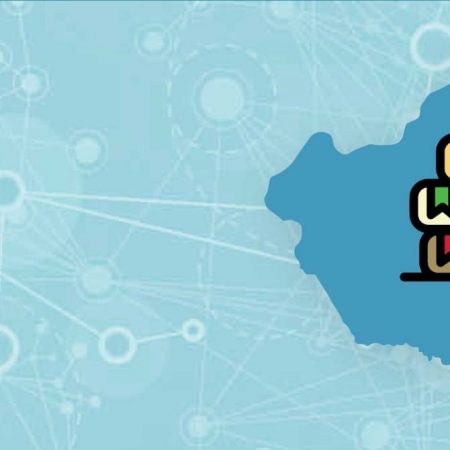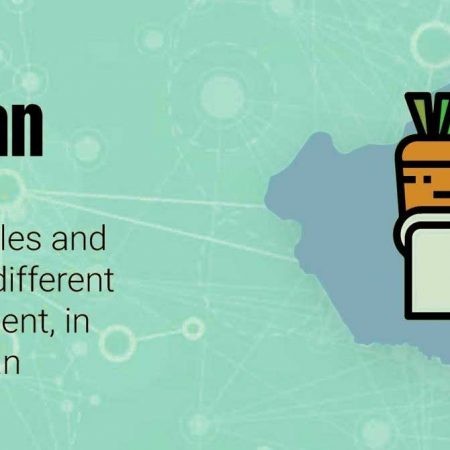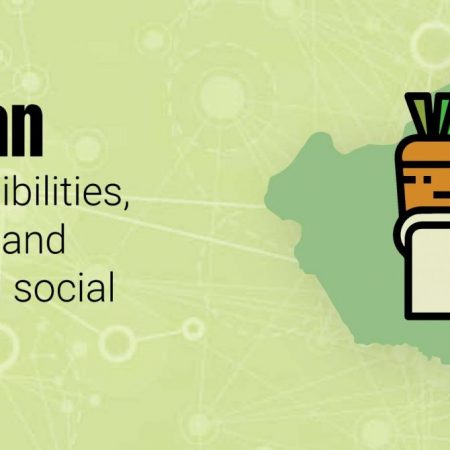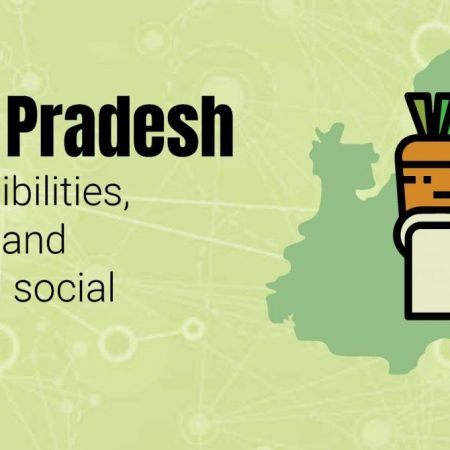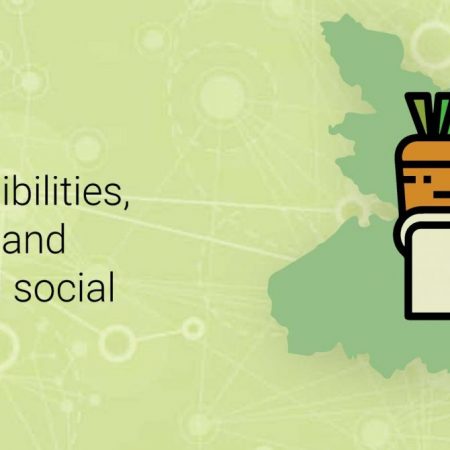Education in Madhya Pradesh
The education status of children in Madhya Pradesh has been poor. Despite efforts to tackle low literacy in Madhya Pradesh, only 69.32 per cent of adults are literate in the state. The Annual Status of Education Report (ASER) 2021 shares that only 67.7% of students across rural Rajasthan are enrolled in schools. As of 2020-21, there were over 1,00,134 vacant elementary and secondary teacher positions.
Meanwhile, the government has implemented a range of interventions to tackle this problem. While the state government has introduced schemes to incentivise attending schools by providing scholarships and cycles for better access, the union government has introduced larger system reforms through targeted schemes and agenda-setting documents such as the National Education Policy as well.
One of the biggest education schemes run by the Government of India is the Samagra Shiksha Scheme that subsumed subsumes the three erstwhile schemes of Sarva Shiksha Abhiyan, Rashtriya Madhyamik Shiksha Abhiyan and Teacher Education. This is implemented by the Government of Madhya Pradesh’s Rajya Shiksha Kendra. Department of Panchayati Raj, Rural Development and Health are some of the other departments that work towards multi-sectoral efforts to implement education programmes in Madhya Pradesh.
Mapping Governance: Education in Madhya Pradesh
The idea behind Mapping Governance is to use the Accountability Initiative’s research and on-ground experience over the years to help practitioners in civil society spaces better understand and navigate the government systems they work with.
Civil-society organisations play a pivotal role in facilitating access of communities to public services like health, nutrition, and education and improving developmental outcomes. Thus, it becomes imperative for them not only to be aware of the local government structures, but more specifically understand how large-scale social sector programmes are administered and financed, and where spaces for them to collaborate with the government exist.
In this context, Mapping Governance takes you through the complex administrative machinery that delivers key education interventions in the state of Madhya Pradesh.
This entire course is made up of 5 Maps. Each Map tells you the story of a different aspect of governance for the delivery of nutrition programmes. At the end of this bundle of Maps, you will be able to:
-
- [Theme 1] Identify the key functionaries involved in the delivery of the education programmes in Madhya Pradesh and what each of their roles and responsibilities are
- [Theme 2] Understand the extent to which education services in Madhya Pradesh have been decentralised to local governments
- [Theme 3] Understand how the education programme in Madhya Pradesh is financed.
- [Theme 4] Acknowledge the critical role played by civil society and citizen groups towards improving the status of education in Madhya Pradesh
- [Theme 5] Recognise convergence efforts between different departments towards better education outcomes and understand the complexities that such an exercise present
Course Features
- Lectures 21
- Quizzes 5
- Duration 10 weeks
- Skill level All levels
- Students 2
- Certificate No
- Assessments Yes
-
Theme 1: Roles and Responsibilities
-
Theme 2: Decentralisation
-
Theme 3: Fund Flow
-
Theme 4: Social Accountability
- Why is citizen-state engagement important?
- MP 4b: What steps has the government taken to enable citizen-state engagement?
- MP 4c: What is the role played by nongovernmental organisations and international development organisations?
- MP 4d: What are the different forms of social accountability?
- MP 4e: Food for thought
- MP – 4 Quiz
-
Theme 5: Convergence and Complications

